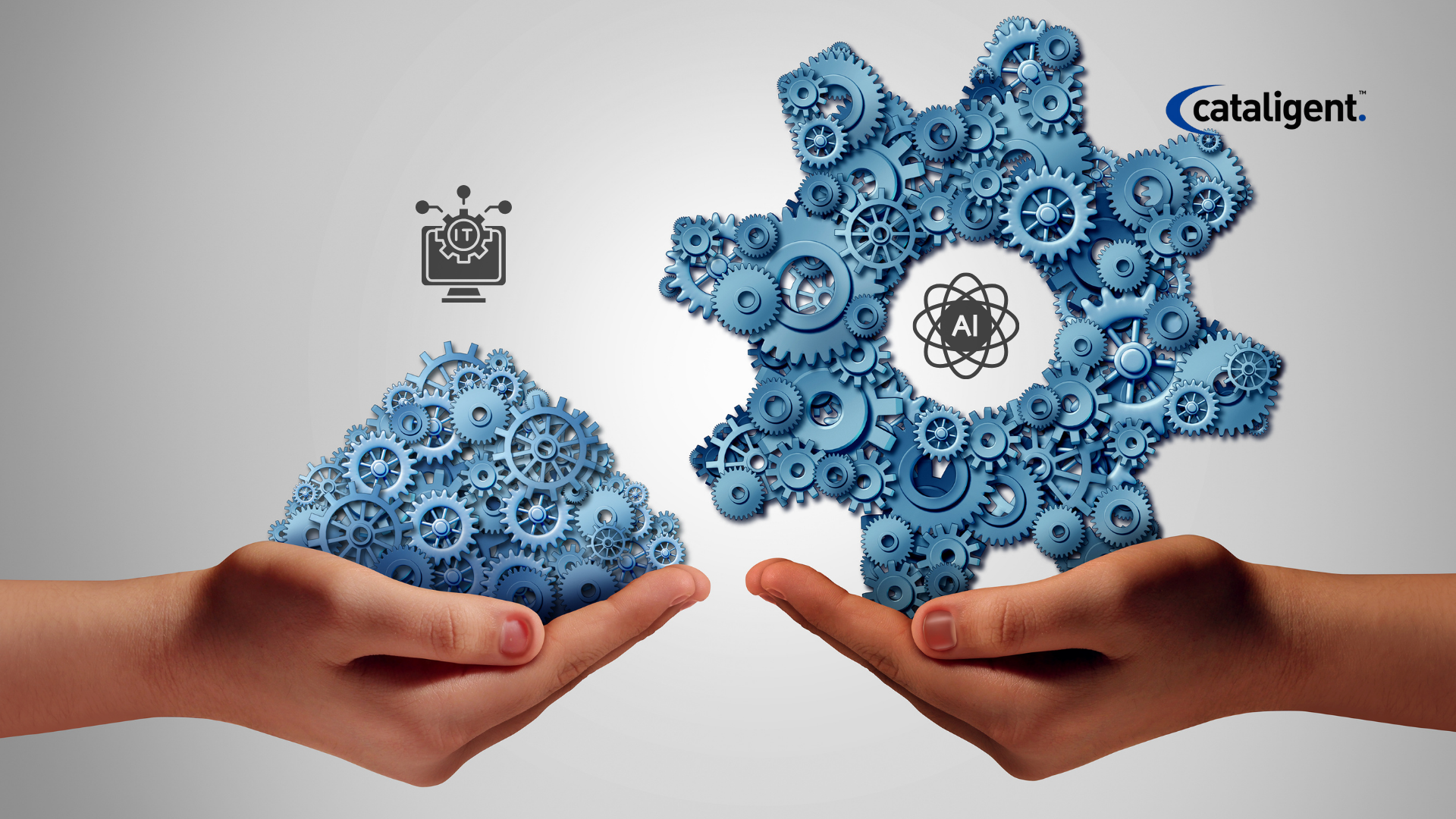Artificial Intelligence (AI) is no longer a futuristic concept—it’s transforming the way organizations manage IT services today. AI-powered ITSM enables companies to automate repetitive tasks, anticipate potential issues, and deliver faster, smarter, and more reliable IT support. By integrating AI into IT Service Management, organizations can shift from reactive problem-solving to proactive, predictive, and strategic IT operations.
How AI Transforms ITSM Processes
Intelligent Incident Management
AI-driven incident management leverages machine learning and predictive analytics to detect potential outages or system failures before they impact users. AI can automatically categorize and prioritize incidents, assign them to the right technician, and even provide suggested solutions.
- Key Benefits: Reduced downtime, faster resolution, minimized human error.
- Real-World Example: A multinational bank implemented AI-driven monitoring tools that identified unusual server activity and automatically triggered alerts. This prevented a potential outage affecting hundreds of customers.
Predictive Problem Management
Through historical data analysis, AI can identify recurring issues and uncover root causes faster than manual processes. Predictive insights allow IT teams to prevent incidents from recurring and optimize system performance.
- Key Benefits: Reduced recurring incidents, improved system reliability, enhanced productivity.
- Real-World Example: An e-commerce company used AI analytics to pinpoint frequent checkout errors caused by outdated APIs. Resolving the root cause reduced incident tickets by 35% within three months.
Automated Change Management
AI enhances change management by simulating the impact of proposed changes across IT infrastructure. By predicting risks and dependencies, AI reduces disruptions and ensures smoother deployment of updates and patches.
- Key Benefits: Minimized risk, faster implementation, compliance adherence.
- Real-World Example: A software development firm applied AI modeling to predict the impact of a critical software patch. This proactive approach prevented downtime during peak usage hours.
Smarter Service Desk Operations
AI-powered chatbots and virtual assistants streamline service desk functions, handling routine queries and tasks automatically. This reduces the workload for human agents and improves response times for users.
- Key Benefits: 24/7 support, consistent user experience, increased efficiency.
- Real-World Example: A global logistics company deployed AI chatbots to handle 60% of common service requests, allowing IT staff to focus on complex issues and improving resolution times by 40%.
Knowledge Management Optimization
AI can analyze ticket trends and user queries to identify gaps in existing knowledge bases. It can automatically suggest updates or generate content to make self-service portals more effective.
- Key Benefits: Improved knowledge accessibility, reduced repeat tickets, empowered employees.
- Real-World Example: A telecom company implemented an AI-driven knowledge system that recommended articles to users based on previous queries, reducing repetitive tickets and improving self-service satisfaction scores.
Predictive Analytics for Service Level Management
AI enables predictive SLA monitoring, identifying potential service breaches before they occur. IT teams can take proactive steps to ensure SLA compliance and maintain customer satisfaction.
- Key Benefits: Improved SLA adherence, proactive issue resolution, enhanced stakeholder confidence.
- Real-World Example: An insurance company used AI-driven SLA monitoring to anticipate system load spikes, reallocating resources in real-time to maintain uptime during peak claim processing periods.
Benefits of AI-Integrated ITSM
- Efficiency Gains: Automates repetitive IT tasks and accelerates incident resolution.
- Enhanced Accuracy: Reduces human errors in categorization, prioritization, and resolution.
- Proactive IT Management: Identifies and addresses issues before they escalate.
- Improved Employee and Customer Experience: Faster response times and accessible self-service support.
- Strategic Insights: Provides data-driven insights to optimize IT operations and resource allocation.
Challenges and Considerations
While AI offers tremendous benefits, successful integration into ITSM requires careful planning:
- Data Quality: AI models rely on accurate, comprehensive historical data.
- Employee Training: Staff must be trained to work alongside AI systems effectively.
- Governance and Compliance: AI decisions must comply with organizational policies and regulatory requirements.
- Continuous Monitoring: AI models need regular updates and monitoring to ensure accuracy.
How Cataligent Drives AI-Powered ITSM Success
Cataligent helps organizations unlock the full potential of AI within ITSM. Their AI-driven ITSM solutions combine strategic consulting, advanced technologies, and process optimization to create smarter, faster, and more reliable IT operations. Cataligent’s offerings include:
- Predictive Analytics: Anticipate problems, prevent outages, and optimize service delivery.
- Enhanced Knowledge Management: Use AI to dynamically update knowledge bases and provide relevant solutions.
- Smart Service Desk Solutions: evaluates current workflows, ticketing processes, and performance metrics to identify areas for improvement
- Six Sigma Integration: Cataligent also incorporates Six Sigma methodologies to continuously improve ITSM processes, ensuring measurable efficiency and quality enhancements.
Conclusion: Integrating AI into ITSM is no longer optional for modern enterprises—it’s essential for achieving efficiency, resilience, and agility. By embracing AI-powered ITSM, organizations can redefine how IT supports and drives business growth, while leveraging predictive insights, automation, and process excellence for lasting competitive advantage with Cataligent.

